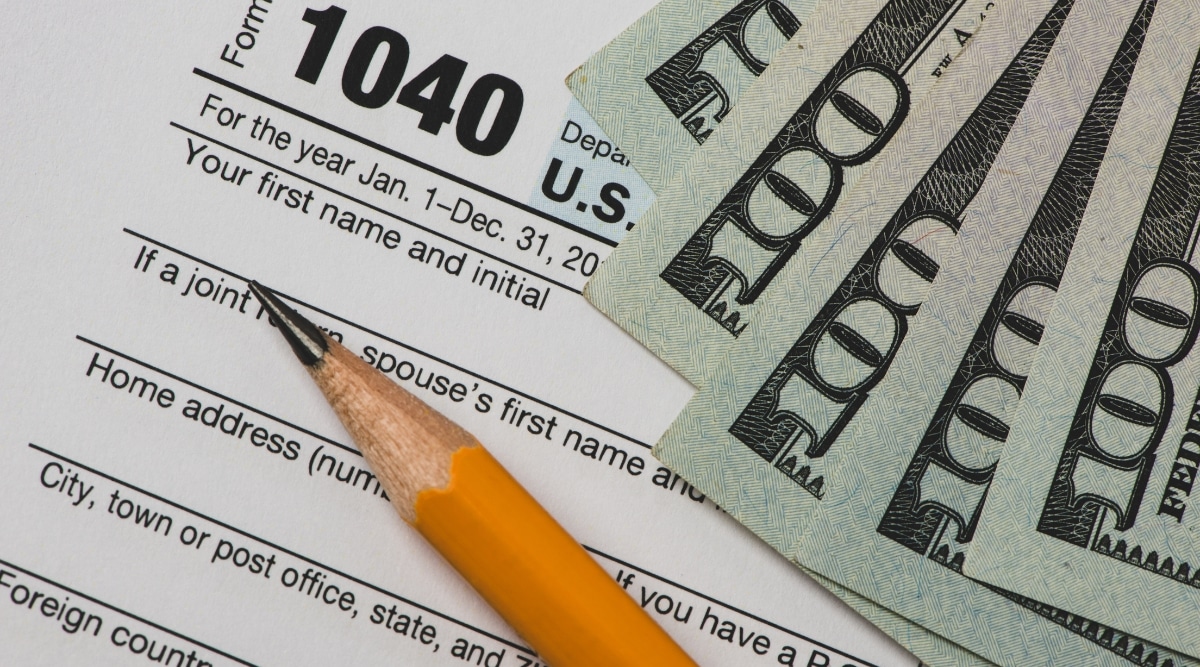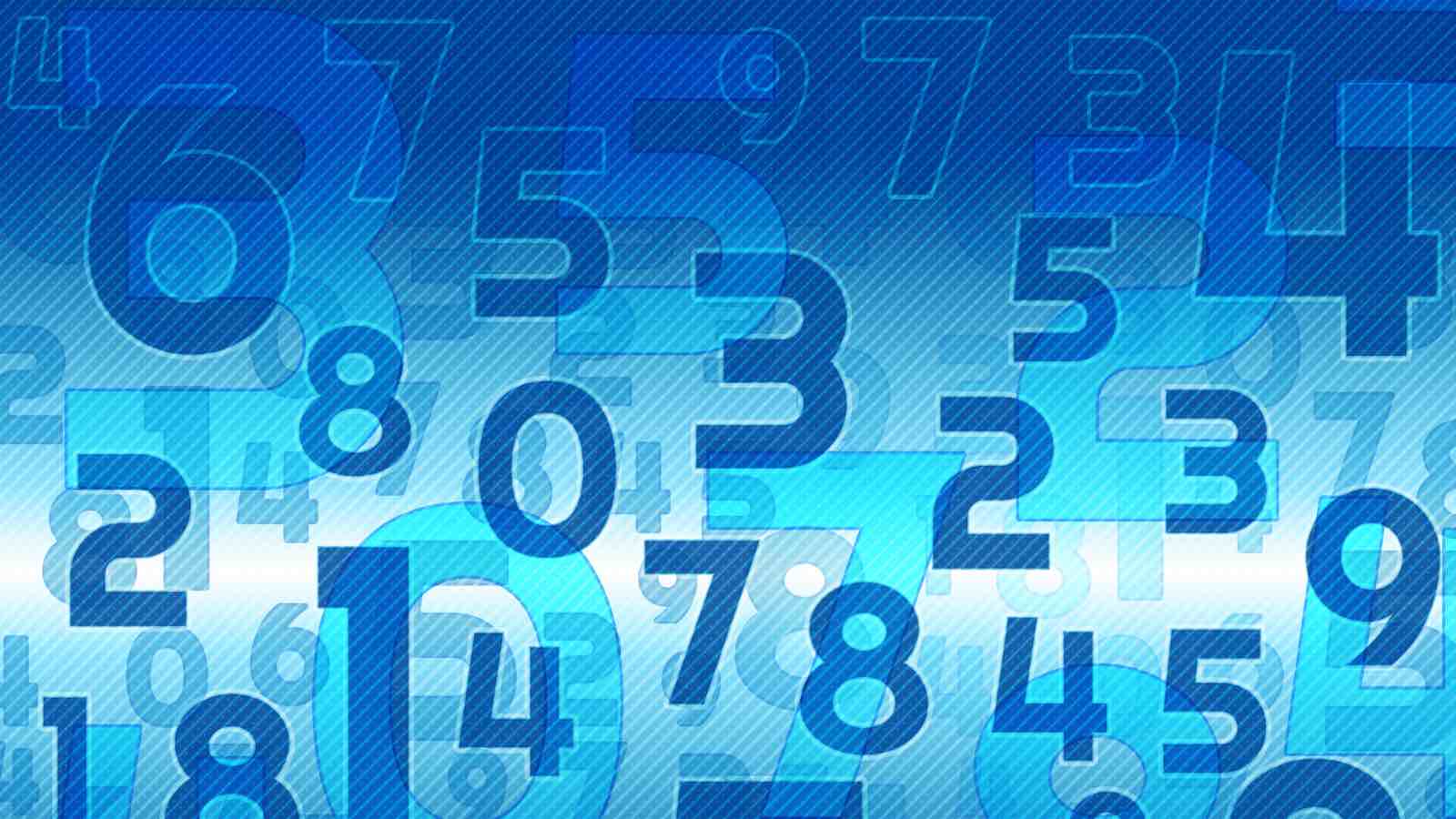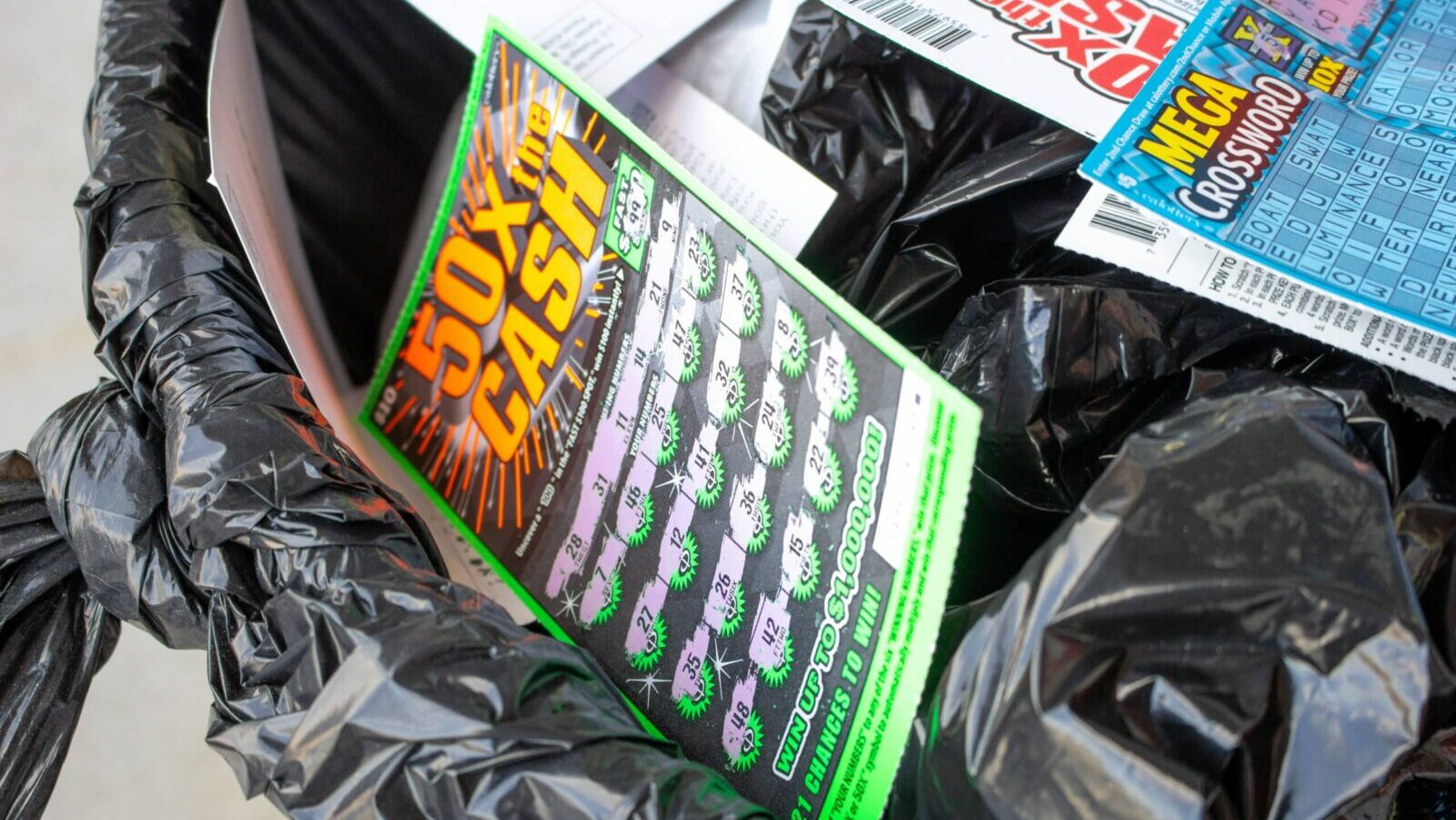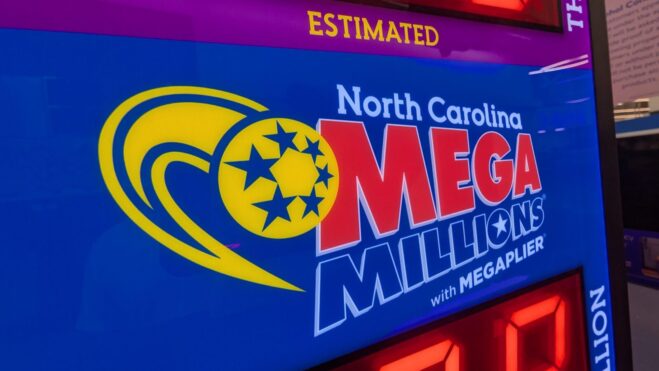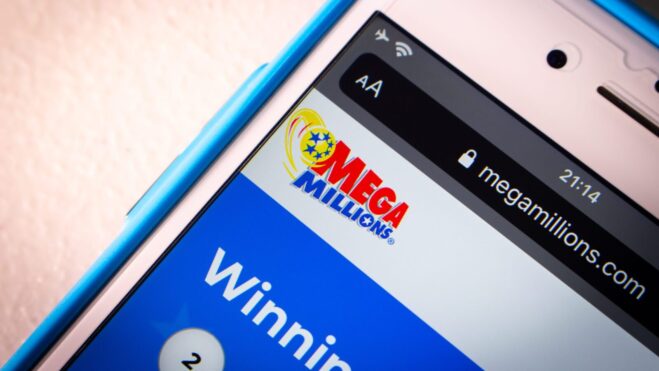The lottery was part of American culture from the get-go
Thomas Jefferson once had some sage words about the lottery.
“They are indispensable to the existence of man,” he wrote. “And every one has a natural right to pursue such one of them as he thinks most likely to furnish him subsistence.”
No, that wasn’t in the Declaration of Independence. It was in 1826’s Thoughts on Lotteries. But it echoed the Declaration’s arguments: According to Jefferson, playing the lottery was almost an inalienable right. And it’s partly because of that philosophy that the lottery has become inseparable from American culture — to the point that it’s being used to fund public services.
The lottery didn’t start with Jefferson, however. It landed on American shores with English settlers in the 17th century. King James, for whom Jamestown, VA is named, had ordered the Virginia Company of London to fund their trip to America using a lottery. Later, in the mid-to-late 1700s, the lottery gained steam as a financial quick fix for the colonies. Revenue from lottery sales often bankrolled roads, bridges, colleges, and churches. John Hancock invoked a lottery to help build Boston’s famous Faneuil Hall.
The lottery was not just used for domestic building projects. In 1748, Benjamin Franklin spearheaded a lottery in Philadelphia to help establish “a militia for defense against marauding attacks by the French.” Later, the First Continental Congress even launched a lottery to fund the Revolutionary War. It didn’t generate much profit, but Americans still did pretty OK for themselves.
Playing the lottery was illegal at one point
Nothing good can last, and the same Protestant leaders who eventually spearheaded Prohibition also began to criticize the lottery, declaring it a sin. And as a result, Congress banned the interstate sale of lottery tickets in 1890. It didn’t help that many lotteries were corrupted in the 1800s, with many of their organizers saving lottery coffers for themselves.
Naturally, Congress hadn’t been planning for two World Wars and a new era of globalization. Although America benefited from a decade of Post World War II prosperity, it didn’t maintain its momentum. Thus, by the time the Vietnam War rolled around, the government needed to raise money. And that prosperity had caused Americans to enjoy state services without paying more taxes. The government needed an alternative way to fund itself.
The lotto rebounded in 1964 when New Hampshire simultaneously rebooted and legitimized the service. After all, since the state did not have sales or income tax, it needed to take some risks. And thankfully, the risk paid off, despite early fears that the lottery would be corrupted again like in the past. Consequently, several more states reinstated their lotteries throughout the 1960s and 1970s. America, once again, had realized that lottery ticket sales could fund public services.
The government may rely on lottery profits more in the future
By 2031, the global lottery industry will accrue roughly $529 billion in value. Barring a federal gambling ban or societal collapse, it seems unlikely that Americans will stop playing the lotto anytime soon. But that can have both positive and negative consequences for taxpayers.
Lotto ticket sales already fund many essential services, including public education, environmental conservation, and — in Illinois’ case — multiple sclerosis research. But that’s just on a state level. Since lottery profits only migrate to the federal government after a winner is declared, the government doesn’t necessarily have specific destinations for those profits. This means that the money could be used for anything. And considering that there’s a mandatory 24 percent federal withholding on all lottery wins — followed by a 37 percent tax rate applied to taxable income of $578,126 or more — this means that a big lotto win could equate to a big blank check for the government.
One could see this as a sacrifice on behalf of the lottery winner in question. After all, they won all that money, so why shouldn’t they pay higher taxes in lieu of the rest of us? But critics of such financial systems say that the government might become lax in delivering expected services to the public. Lottery profits aren’t guaranteed forever, so it appears risky to rely on them for funding education and health research. Sure, that’s more of a critique of the states’ approach to the matter, but the same also applies to how the federal government could use lottery profits to pay for services like Medicare and Social Security.
On the other hand, if you’re a taxpayer who needs a break, then you might see that as a necessary evil worth the gamble. Kind of like … playing the lottery. Still, only time will tell who ends up the lucky one in this scenario.
